-
Gender-Based Violence Continues to Impede Progress Towards Gender Equality
›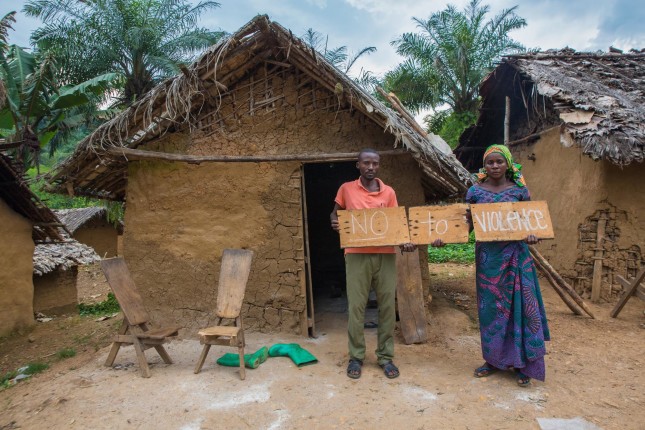
“COVID-19 and the backlash against women’s sexual and reproductive health and rights are further diminishing the outlook for gender equality,” states a recent report on the current progress toward gender equality across all 17 Sustainable Development Goals (SDGs) from the United Nations Entity for Gender Equality and the Empowerment of Women (UN Women) and the Department of Economic and Social Affairs. Yet the new report also zeroes in on another factor that is diminish progress on gender equality: violence. The authors observe that “violence against women remains high, global health, climate and humanitarian crises have further increased risks of violence, especially for the most vulnerable women and girls, and women feel more unsafe than they did before the pandemic.”
-
COP27 in Egypt: Putting Human Rights on the Climate Agenda
›
Cairo hoped that COP27 would focus on its stated agenda: climate change adaptation. Yet it was human rights concerns—such as jailed pro-democracy activist Alaa Abdel Fattah’s hunger strike and rumors of restricted internet access to human rights platforms—that often stole headlines from climate policy or funding pledges. The persistence of human rights coverage demonstrated that Egypt and many other governments fail to recognize that strong governance, human rights protections, and climate change adaptation are mutually reinforcing and have overlapping policy actions.
-
Creating a Just Transition in Green Minerals: A New Video from the Wilson Center and its Partners
›We need minerals to build the solar panels, wind turbines, and other technologies that will decarbonize our economies—and we need a lot of them. The World Bank estimates that demand for lithium, cobalt, and graphite could jump by as much as 500 percent by 2050. Yet mining for these resources has had a fraught history, and it continues to be associated with a hefty list of human rights and conflict risks, including violence, child labor, poor working conditions, land rights abuses, environmental damage and pollution, and a lack of community participation.
-
What Better Looks Like: Breaking the Critical Minerals Resource Curse
›
In recent years, the urgency of climate action has brought fresh attention to the critical minerals sector. Growing renewable energy investments are driving up demand for resources like lithium, cobalt, and copper, which form the mineral backbone of green technologies. But there are substantial concerns to navigate when it comes to sourcing green energy minerals.
-
Protecting Human Rights in DRC Cobalt Mines: A U.S. Priority in a Green Transition
›
Secretary of State Anthony J. Blinken recently reaffirmed the Democratic Republic of Congo (DRC)—a nation located in Africa’s heart—as a “geostrategic player and critical partner” for the United States. It is a country that features prominently in climate change discussions, not only because of its vast natural resources (including mineral wealth estimated to be the largest in the world, as well as possession of a forest cover second only to the Amazon Basin), but especially due to its cobalt reserves.
-
Moving in Opposite Directions: Abortion Rights in Latin America and the United States
›In its June 2022 decision, Dobbs v. Jackson Women’s Health Organization, the U.S. Supreme Court abandoned decades of precedent to strike down the constitutional right to abortion. This ruling—and a shift in regulatory power over abortion to individual states—is having a profound impact in American society. Already, a record number of abortion measures are on ballots to protect or abolish abortion rights. In many states, the fight over abortion access continues to take place in courtrooms. Far from settling the matter, the Supreme Court’s ruling showcases the deep divide over abortion in American society.
-
Cascading Impacts of the War in Ukraine: Mental, Maternal, and Newborn Health
›Ukraine and its people will feel the effects of the Russian invasion for years to come. More than 6 million refugees have left Ukraine, another 8 million Ukrainians are internally displaced. Among those most impacted are Ukraine’s women and girls, who have a greater chance of experiencing gender-based violence, exploitation, and trafficking. They also face escalated maternal and newborn mortality rates stemming from lack of services and diminished care, as well as injuries and trauma due to the ongoing conflict. Less visibly, Ukrainians are confronting severe emotional distress and trauma.
-
Reclaiming Community Identity through Opera: Voices of Zion
› Community resilience rests on shared experience and history. And while lectures, historic markers, and walking tours commemorate what has come before, only the arts can bring those events—and the people who made them happen—back to life.
Community resilience rests on shared experience and history. And while lectures, historic markers, and walking tours commemorate what has come before, only the arts can bring those events—and the people who made them happen—back to life.
Showing posts from category human rights.


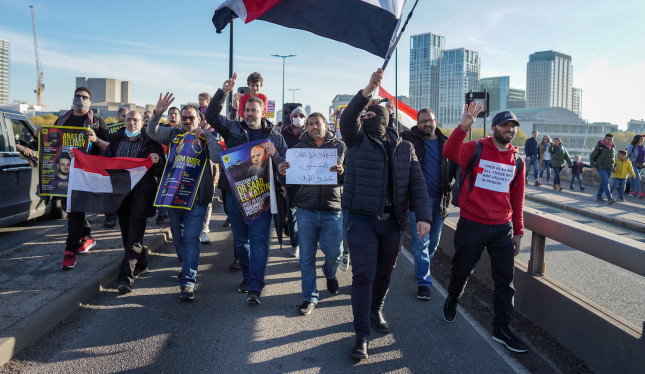

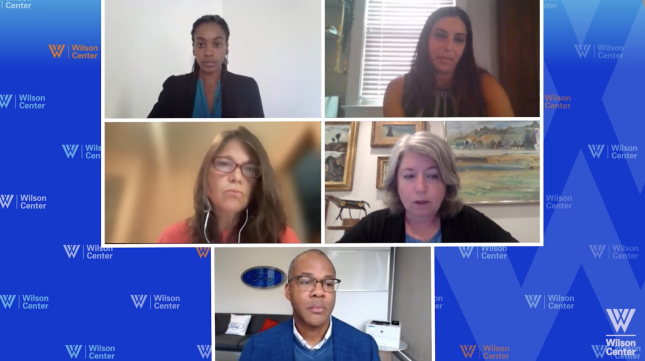

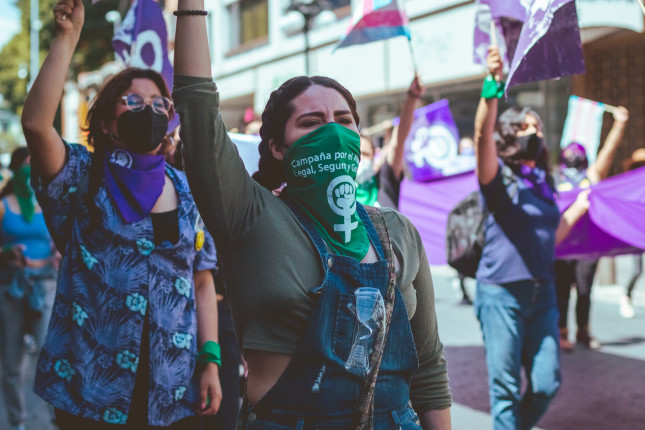
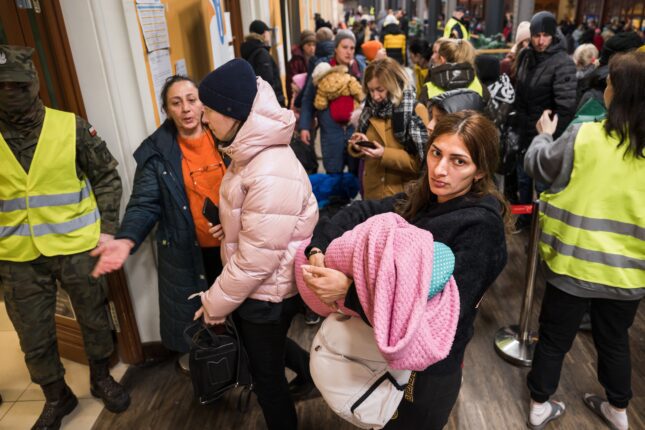
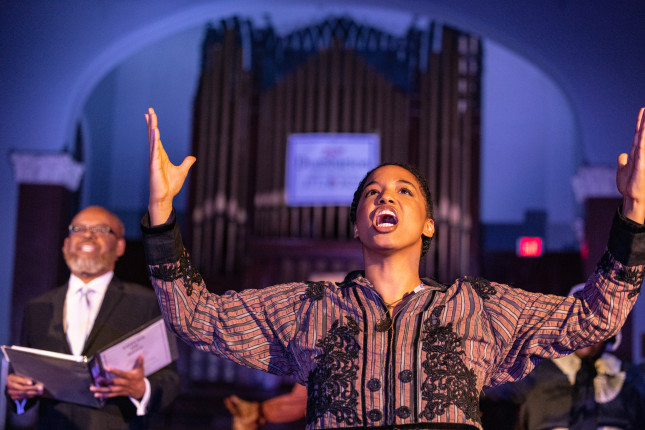 Community resilience rests on shared experience and history. And while lectures, historic markers, and walking tours commemorate what has come before, only the arts can bring those events—and the people who made them happen—back to life.
Community resilience rests on shared experience and history. And while lectures, historic markers, and walking tours commemorate what has come before, only the arts can bring those events—and the people who made them happen—back to life.

